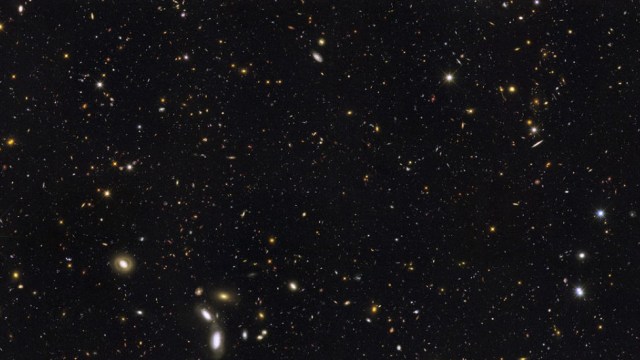Exploring the Many Faces of Genius

Big Think is proud to partner with the 92nd Street Y’s 7 Days of Genius Festival to bring you an in-depth look at the many qualities and characteristics of genius.
What is genius? Whatever it was, we often hear, it bears no resemblance to the commonalities of today: The word “genius” is overused and therefore diluted; it has become separated from its original and glorious meaning, etc. But is it true that “genius,” once used to describe luminaries of the brightest intellect, now accurately describes a football quarterback or a novel ice-cream flavor?
When we treat genius merely as a word, yes. Every interrogation into the meaning of genius becomes a question of definition, to which there is rarely an adequate or satisfying reply. There are, however, ways of expanding the definition of genius without needing to redefine it, dilute its quality, its rareness, or its ability to inspire our better, more curious selves.
Big Think and the 92nd Street Y explore this new genius, which has the advantage of hindsight. When we see the past in the present light, genius suddenly comes into focus, whether or not it was recognized as genius at the time. The goal of this series is to help us recognize the events of today, happening just beneath our shallow awareness, that are capable of inspiring us toward acts of genius. To help us, we turn to these experts:
Astronomer Anna Frebel explains that the most fundamental knowledge we have of stars comes from a team of Harvard astronomers working at the turn of the 19th century. This team, known as the “Harvard computers” for their ambitious calculations, was composed entirely of females. Male researchers were interested in researching galaxies — the day’s hot topic. As a result, women pioneered the field of stellar research. Their methods of cataloging stars and determining their chemical composition are still taught at universities today.
Affectionately known as “Her Deepness” and “The Sturgeon General,” few people have explored the watery depths of our planet like oceanographer Sylvia Earle. The leader of over 50 expeditions around the world, involving more than 6,000 hours underwater, Earle has spent her lifetime telling the story of the oceans. It has not been easy. Find out what America’s Sturgeon General Is Saying about Our Oceans. And see her video interviews:
A “Fabric of Knowledge” To Save Our Seas
The Dangers of Deep Sea Diving
If The Oceans Are in Trouble, We’re in Trouble
James Gleick — biographer and former New York Times reporter James Gleick examines the common character traits of genius. Indisputable geniuses like Isaac Newton and Richard Feynman both had the ability to concentrate, says Gleick, with a sort of intensity that is hard for mortals to grasp. At the bottom of the geniuses that he studied, Gleick found a yearning for solitude that often made the daily life a burden.
Stay tuned! We’ll also be examining the genius of astronomer Maria Mitchell, publisher Ursula Nordstrom, journalist Nellie Bly, and computer programmer Ada Lovelace. We’re carving out a fresher definition of genius that is even more inspiring and more descriptive of the unique human talent to discover entire new forms of knowledge.





